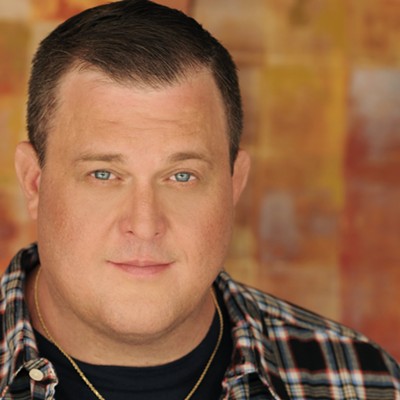Monday, December 13, 2010
Michael Phillip Edwards' runt
One interesting beat in this well-crafted one-man show is how the title is explicated. A "runt," in the usage of the rural Jamaican grandfather Edwards lived with as a child, isn't the smallest critter in the litter (as I'd always thought). Rather, among dogs at least, it's the one lowest in status -- the one who eats last at the trough, if at all. (The size of the fight in the dog, as it were.)
"Runt" is a measure, Edwards says in the show, of "how much fear an animal allows to live within itself."
It's an interesting and elegant phrase, and one that the writer and actor, as the son of an overbearing and verbally abusive father, obviously applies to himself here.
The hour-long show had eight performances here Dec. 2-12, at the Pittsburgh Cultural Trust's bare-bones Downtown performance venue, the Trust Education Center.
It's a lauded show, and not new -- its premiere performance was at the 2001 Edinburgh Festival, in Scotland, where it won the coveted Fringe First award. It's also been a BBC radio drama and a feature film, and Edwards (who now lives in L.A.) has performed it around the U.S. and the world.
The Pittsburgh shows were the start, in fact, of a revival and new national tour. When I interviewed him for a preview piece, Edwards, now 43, said the show resonates differently with him -- more deeply -- than on the first go-round.
One thing that emerges clearly is Edwards' resolve, as an artist, to make his father a full-blooded person, not some monster.
To be sure, in Edwards' verbal and physical characterization we feel the substantial weight of the father's anger-filled psyche, the menace behind even his more conciliatory words, and even at his happiest moments: This very wealthy, hard-driving businessman simply can't bear that his son is unlike him. And he's an alcoholic and unrepetant womanizer besides.
But quite early in the work, Edwards says that his father, his bluster either notwithstanding or the proof in the pudding, was in truth consumed by fear. Later, he ties that insight to a key dynamic in their relationship: "I was his only son, the the only one who could ever make him wrong."
Tags: Program Notes












